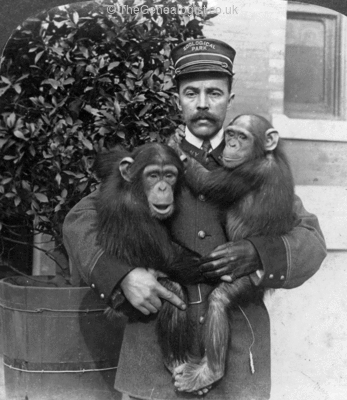
At the largest Family history show in the world, Who Do You Think You Are? Live in London, I decided to ask the expert on the Association of Genealogists and Researchers in Archives for his tips on researching your family tree. I was looking for some material to include in a module of my courses on English/Welsh family history in which several experts advice will be collated for students.
As I’m feeling generous I’m going to share this piece with you for free here in this blog post today.
For those people who are starting to do family history, then one of the most important things is to take notice of anything that you are told by your relatives. Because, although the information may not be 100 percent true, there is always something that somebody will know that can help give you an idea as to where to go on and find other records.
It’s important that you afford the information in official documents with a certain level of importance. Although that information recorded is only as good as that given by the informant at the time. So beware that any information on a birth certificate, or a census record, can be wrong from day one because the person supplying it didn’t want the officials to know the real truth.
This can confuse people doing their family tree research. The best way of proceeding is to make sure that you look at every type of document available to you. So look at a civil registration certificate. Look at a parish register. Look at a census; try and get a will and look at anything else that will give you the full details relevant to that particular individual.
Doing your family history research that way you’re able to build up a fuller picture.
As you progress you will find that it becomes more complex and you’ll find that you may hit brick walls. You may find that you have conflicting information on an ancestor and that in some instances it’s going to be necessary for you to actually go along and work different lines of the family, investigate different individuals.
What you have got to do is make sure that you eliminate those people that aren’t part of your family. Its ever so easy to go down a wrong line because you haven’t been clear enough in making sure the family or the individual that you have is the right person. And sometimes that’s beyond the experience and the expertise of the average family historian and that’s where you need to talk to the professionals.
That’s where members of ARGA, The Association of Genealogists and Researchers in Archives can help because they are accredited researchers. They have proven their ability to do this type of family research and while they might not be able to find all the answers, they are better placed than many of us to do so.
The reason why even a professional may draw a blank is that if an ancestor didn’t want to be found in officialdom, then they wont be! Irrespective of how good you are and how through you are, this may sadly be the case. Having said that, however, you stand a better chance with using a professional because they perhaps know a little bit more of the overall number documents that they can use to do just that.
If you want to brush up your own skills in English/Welsh family research then give a thought to taking my English family history course by visiting www.FamilyHistoryResearcher.com
 Send to Kindle
Send to Kindle









